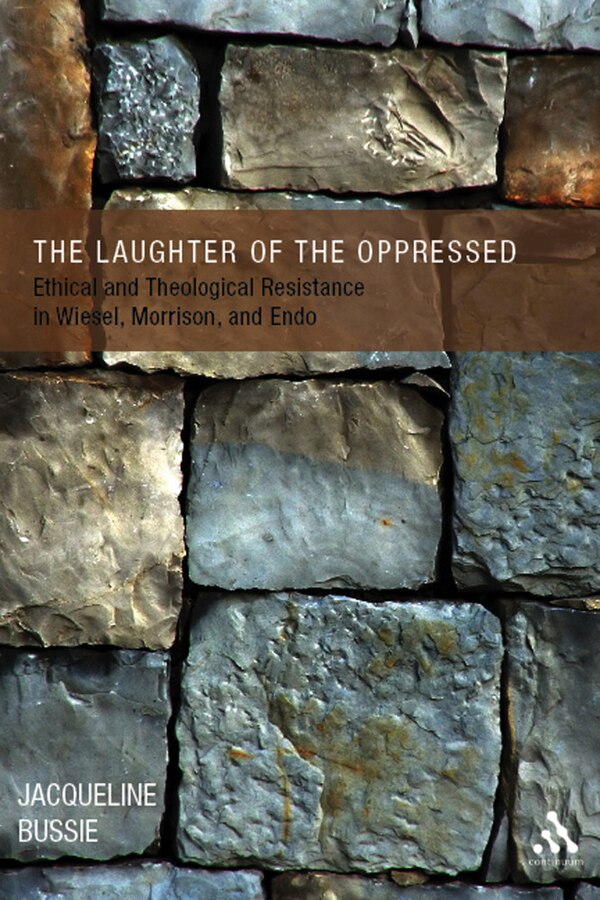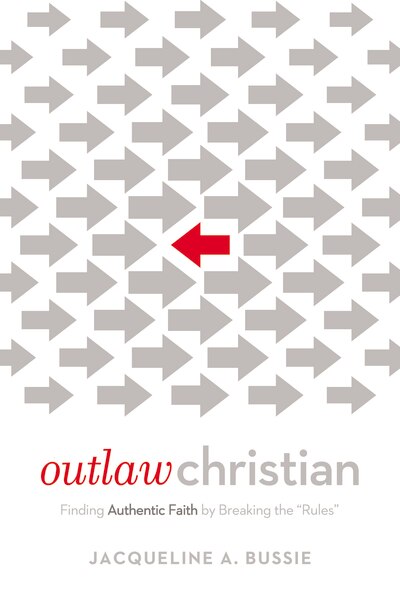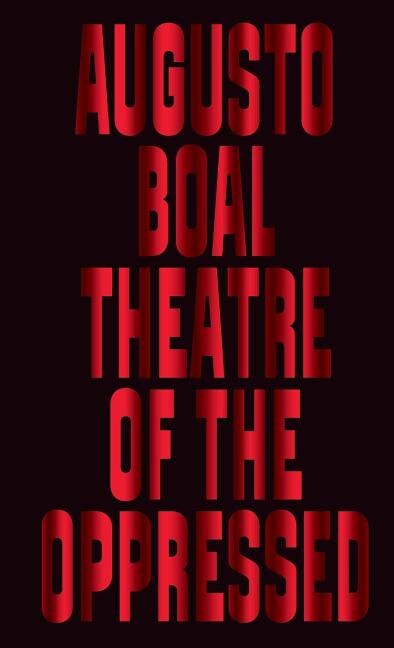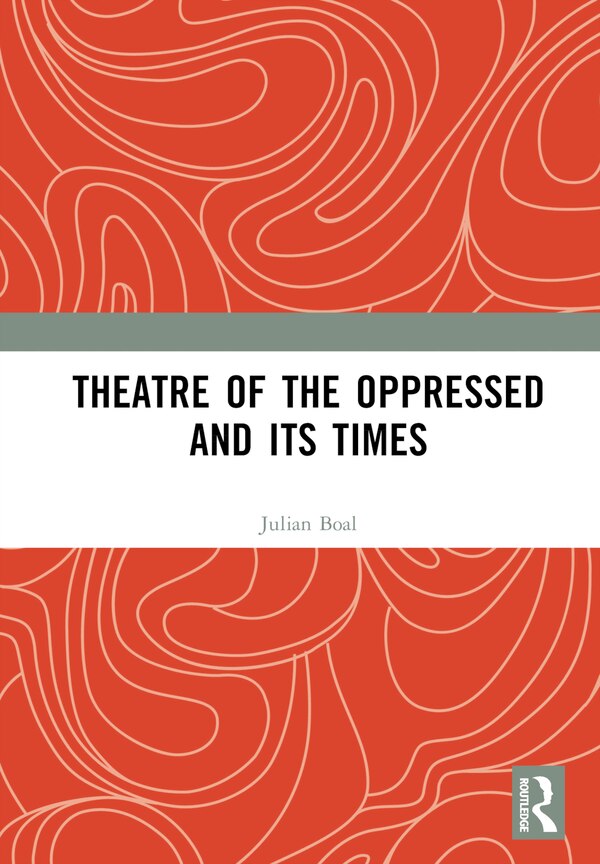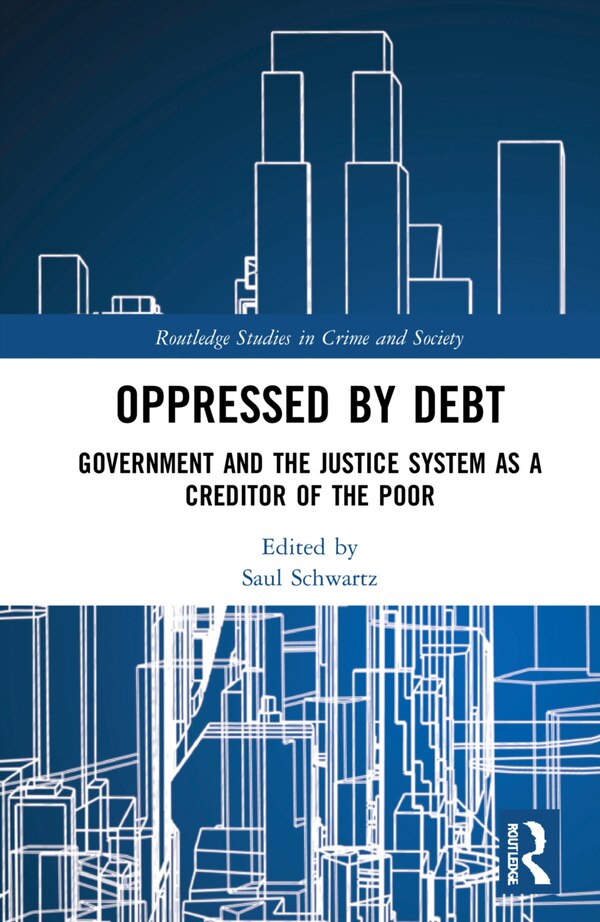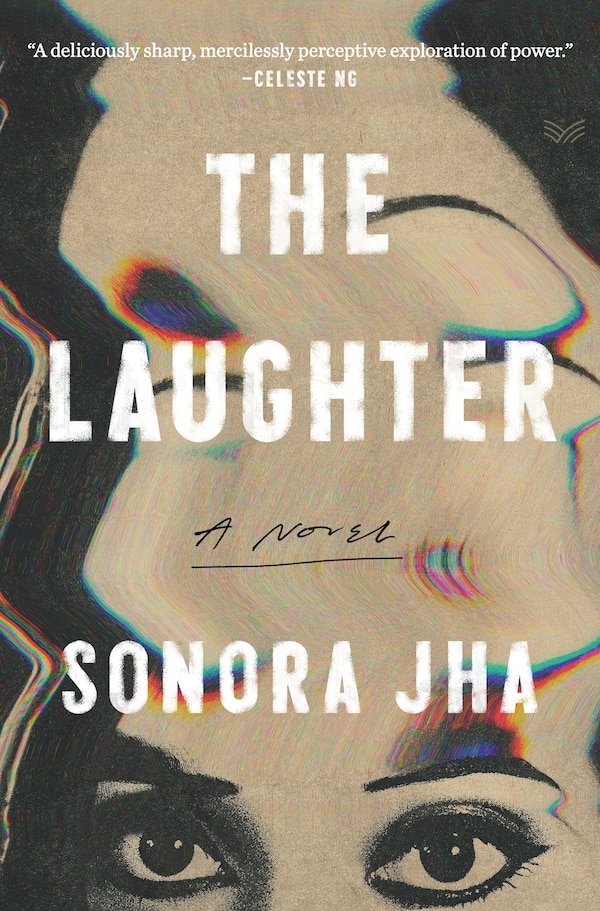Home
The Laughter of the Oppressed by Jacqueline A. Bussie, Hardcover | Indigo Chapters
Loading Inventory...
Indigo
The Laughter of the Oppressed by Jacqueline A. Bussie, Hardcover | Indigo Chapters
From Jacqueline A. Bussie
Current price: $255.50
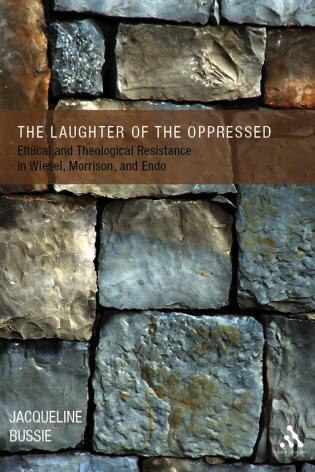

Indigo
The Laughter of the Oppressed by Jacqueline A. Bussie, Hardcover | Indigo Chapters
From Jacqueline A. Bussie
Current price: $255.50
Loading Inventory...
Size: 1 x 9 x 1.03
*Product information may vary - to confirm product availability, pricing, shipping and return information please contact Indigo
Jacqueline Bussie's book tackles the following unanswered questions: What is the theological and ethical significance of the laughter of the oppressed? And what does it mean to laugh at the horrible-to laugh while one suffers? The majority of ethical philosophical theory and western theology (e. g. Augustine, St. John Chrysostom, Oecolampadius, Reinhold Niebuhr) maintains that laughter is nihilistic and irresponsible, especially if occurring within tragic circumstance. However, she argues that the dominant social location of these theologians and theorists has led to a gap in inquiry, to a failure to consider laughter """"from below."""" For Judeo-Christian theology, The Laughter of the Oppressed explores uncharted terrain. This book broadens the theological lens to examine the multicultural, modern historical fiction of Elie Wiesel, Toni Morrison, and Shusaku Endo as case studies. In these authors' well-respected texts, Gates of the Forest, Beloved, and Silence, we discover the laughter of the Jews during the Holocaust, the laughter of African Americans both slave and free, and the laughter of the persecuted religious minority of Japanese Christians. These texts, in dialogue with voices from within and beyond their traditions, help us construct a theology of laughter. Bussie's book concludes that laughter functions as invaluable ethical and theological mode of resistance in the face of radically negating oppression that has ruptured both language and traditional belief. The Laughter of the Oppressed not only interrupts the banality of evil and the dualism of faith and doubt, but also deconstructs the dominant consciousness. Such laughter challenges theology to rearticulate the relationships between God and evil, theology and theodicy, theology and language, paradox and faith, tragedy and hope, and oppression and resistance. | The Laughter of the Oppressed by Jacqueline A. Bussie, Hardcover | Indigo Chapters

